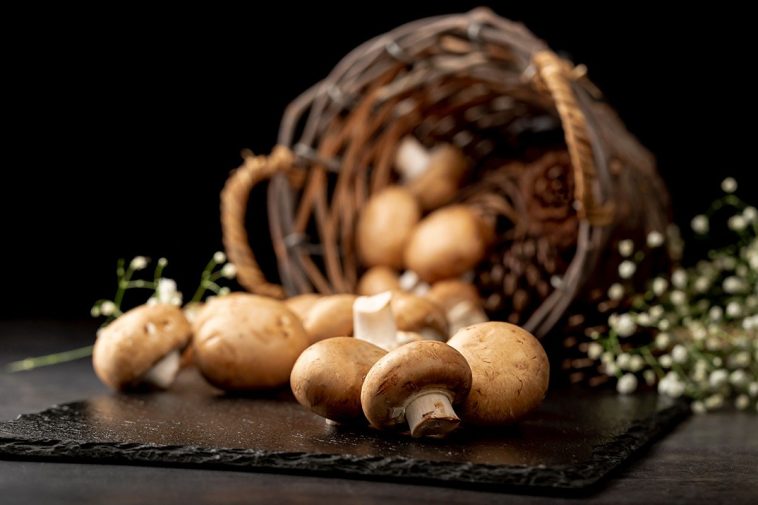- 102shares
Depression is a common mental health problem that can affect everyone differently. Common symptoms include feeling low and losing interest in activities you once enjoyed. The onset of depression can be triggered by anything from a stressful event to certain lifestyles.
In addition to maintaining a positive mindset, eating mushrooms may reduce your risk of developing depression, according to a recent study.
If you’re worried about depression, this article discussing how the nutritious and delicious fungi have been found to deflect the onset of depression is right for you.
Mushroom Consumption Offers a Lower Risk of Depression
A recent study by the Penn State team concluded that consumption of mushrooms could lower your risk of depression. Lead researcher Djibril Ba advises that this may come down to nutrients such as ergothioneine, an amino acid, and the mushrooms’ potassium content. Ergothioneine, which is also a powerful antioxidant, is only found in high concentrations in mushrooms.
He states that consuming copious amounts of ergothioneine may help avoid oxidative stress, the key contributor in developing mental health disorders like depression.
Other Mushroom Findings
There have been numerous other studies into the potential health benefits of eating mushrooms. Researchers at the Penn State College of Medicine in Hershey, PA, have found associations between eating mushrooms and a decreased risk of cancer, premature death, and depression.
Nutritional Benefits
The wide variety of mushrooms have different nutritional profiles and compositions. In terms of price, they can range anywhere from cheap staple to expensive delicacy.
Other health benefits of eating mushrooms include:
- Their antioxidant content, which may help prevent various types of cancer, according to the National Cancer Institute.
- Being high in dietary fiber, mushrooms may help manage type 2 diabetes.
- The potassium, vitamin c, and fiber content in mushrooms can contribute to a healthy heart.
- Mushrooms contain folate, which pregnant women often take as a supplement to boost fetal health.
Mushrooms contain other beneficial substances like vitamin B12, anti-inflammatory agents, nerve growth factor, and antioxidants that have been connected to reduced stress and anxiety.
Depression Treatment
Ketamine and similar drugs have recently been found to have a prominent therapeutic effect. One meta-analysis reported that approximately 0.5 milligrams of ketamine per kilogram of bodyweight successfully eased depressive symptoms.
Effects lasted two to three days following usage, but there are some disadvantages to this form of treatment. Though approved by the FDA, short term side-effects such as numbness, feeling strange, and difficulty speaking are possible.
Alternative Medicine: Magic Mushrooms
The first safety study on psychoactive mushrooms concluded that the hallucinogenic drug found in magic mushrooms could help treat depression.
This human trial included 12 people who had been clinically depressed for an average of 17.8 years. The participants hadn’t responded to other standard treatments of medications and electroconvulsive therapy. They were given the active ingredient of magic mushrooms to consume: psilocybin.
After one week of taking the psilocybin, it was found that all their symptoms had improved, and after three months, five participants were in complete remission. The equivalent remission rate for selective serotonin reuptake inhibitors (SSRIs) treatment is around 20%.
The Magic of Mushrooms
Mushrooms are popular for their great taste and remarkable health benefits. Packed with tons of essential vitamins, minerals, antioxidants, and more, they have many unique properties. Recent studies have found that the amino acid ergothioneine and the potassium content in mushrooms can fight depression. Also, they’ve found that magic mushrooms can be used as an effective alternative treatment for depression.
,

